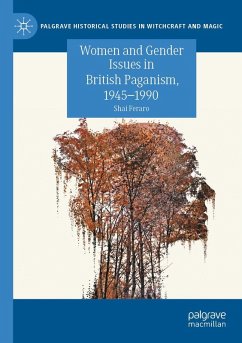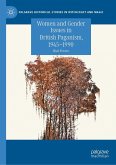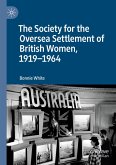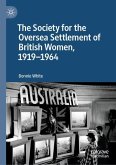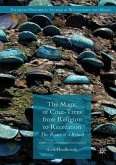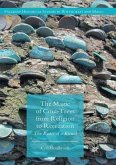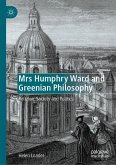This book explores the ways in which changing views on gender and the place of women in society during the latter half of the twentieth century affected women's participation and standing within British Paganism. More specifically, it examines how British Wiccans and Wiccan-derived Pagans reacted to the rise of 'second-wave' feminism and the Women's Liberation Movement in the UK - with a special emphasis on the reception of feminist theory hailing from the USA - and to the emergence of feminist branches of Witchcraft and Goddess Spirituality during the 1970s and 1980s. The book draws on primary sources never before analyzed in an academic context and makes a valuable contribution to the growing body of knowledge on gender and religion during the twentieth century, as very little research has been conducted on the relations between the history of modern Paganism and that of second-wave feminism in the UK.
"The very extensive material consists of published literature, ephemera from various archives and private collections, and sociologically obtained materials, such as interviews. Written in a compelling and easy-to-read academic language, Feraro has compiled his results in a way that makes this previously relatively unexplored area accessible to both students and researchers, as well as to the wider public. ... This book provides an important in-depth understanding ... . My hope is that Feraro's book inspires researchers ... ." (Magdalena Raivio, ARIES, Journal for the Study of Western Esotericism, Vol. 22 (1), 2022)
"Feraro's book is a welcome contribution to both Pagan and Gender studies. ... Feraro's book has the potential to become an authoritative volume on the intersections of modern paganism (Wicca) and feminist spirituality in Great Britain. Highly recommended." (Pavel Horák, Religious Studies Review, Vol. 48 (2), June, 2022)
"This book is a valuableresource about an important corner of Paganism's history. It will be an important touchstone for this burgeoning subfield of modern Western Magick traditions." (Damian Lanahan-Kalish, Nova Religio, Vol. 25 (4), May, 2022)
"Feraro's book is a welcome contribution to both Pagan and Gender studies. ... Feraro's book has the potential to become an authoritative volume on the intersections of modern paganism (Wicca) and feminist spirituality in Great Britain. Highly recommended." (Pavel Horák, Religious Studies Review, Vol. 48 (2), June, 2022)
"This book is a valuableresource about an important corner of Paganism's history. It will be an important touchstone for this burgeoning subfield of modern Western Magick traditions." (Damian Lanahan-Kalish, Nova Religio, Vol. 25 (4), May, 2022)

